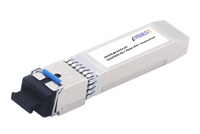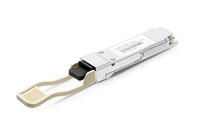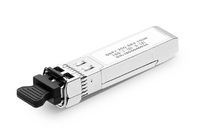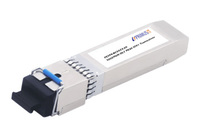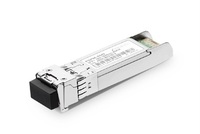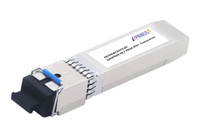10G ASYMMETRIC EPON
Specifications
The asymmetric system only has a downlink rate of 10.3125 Gbit/s, while the uplink rate is still 1.25 Gbit/s. As the first mature next-generation PON technology, 10g epon technology is in line with
network development trends. It has the advantages of large bandwidth, large optical splitting ratio, compatible networking with EPON, unified network management, and smooth upgrade. 10GEPON and
EPON are in the same line. Use the existing network to directly increase the speed by 10 times, and perfectly match the bandwidth planning of the telecom operator, support the realization of the
telecom operator's mid-and long-term planning goals, and support the continuous expansion of the operator in IDC business, government and enterprise customer business, and family customers.
What is 10g EPON ONU?
EPON refers to an optical fiber access system. The ONU is the terminal device of the system, which can be used to connect to computers of home users and devices of industrial users.
Two functions of our 10g EPON ONU
10g EPON ONU can selectively receive the broadcast sent by OLT; fibre techno 10g epon ONU can collect and cache the Ethernet data that needs to be sent, and send the cached data to the OLT terminal
according to the allocated sending window;
10g EPON ONU can effectively improve the uplink bandwidth utilization rate of the whole system, and configure the channel bandwidth according to the network application environment and the
characteristics of applicable services; 10g EPON ONU can carry as many end users as possible without affecting the communication efficiency and quality, improving the network utilization rate and
reducing the user cost.
Evolution of fibre techno 10g epon olt
IEEE 802.3av identified two physical layer modes, one is asymmetric mode, namely 10G rate downlink and 1G rate uplink, and the other is symmetric mode, that is, the uplink rate is 10G. Asymmetric
mode can be regarded as a transitional form of symmetric mode, which can be used in situations where the demand for uplink bandwidth is less and the cost is more sensitive. With the development of
business and the progress of technology, it will gradually transition to symmetrical mode.
Since 2001, IEEE has begun to discuss the EPON technology based on Ethernet. After the efforts of Asian countries (China, Japan, South Korea) in recent years in the improvement of standards, system
testing and verification, current network scale deployment and other efforts, EPON technology has been widely used, and led to the gradual development and growth of the industrial chain. Since
2006, IEEE has started 10G EPON research (IEEE802.3av). Finally, 10G EPON (802.3av) was officially released in September 2009.
10g EPON system and Technical Features
High bandwidth, and 10-fold increase in bandwidth
Two rate mode options, large spectroscopic ratio
Supports 1Poco 256 spectroscopic ratio to meet the requirements of smooth evolution from FTTB to FTTH
Compatible co-existence, share ODN network with EPON
Compatible with EPON for smooth evolution on demand
Completely consistent with EPON 10g management
Completely consistent with EPON 10g management
The overall situation is less than the overall situation, so as to meet the requirements of the development of OLT to the convergent type.
The energy efficiency ratio of bandwidth per megabit is excellent, which is more than 30% higher than that of E/GPON technology.
Green energy saving and reduce emissions, effectively reduce operating costs
As one of reliable optical transceiver manufacturers, we have types of products for sale, if you have needs, please contact us.
- Country: Afghanistan
- Business Type: Manufacturer
- Market: Americas,Europe
- Address: RM A713, Building Languang Technology, No.27, Gaoxin North 6th Road, Songpingshan Community, Xili Street, Nanshan District, Shenzhen,China
- Contact: primusit .com

